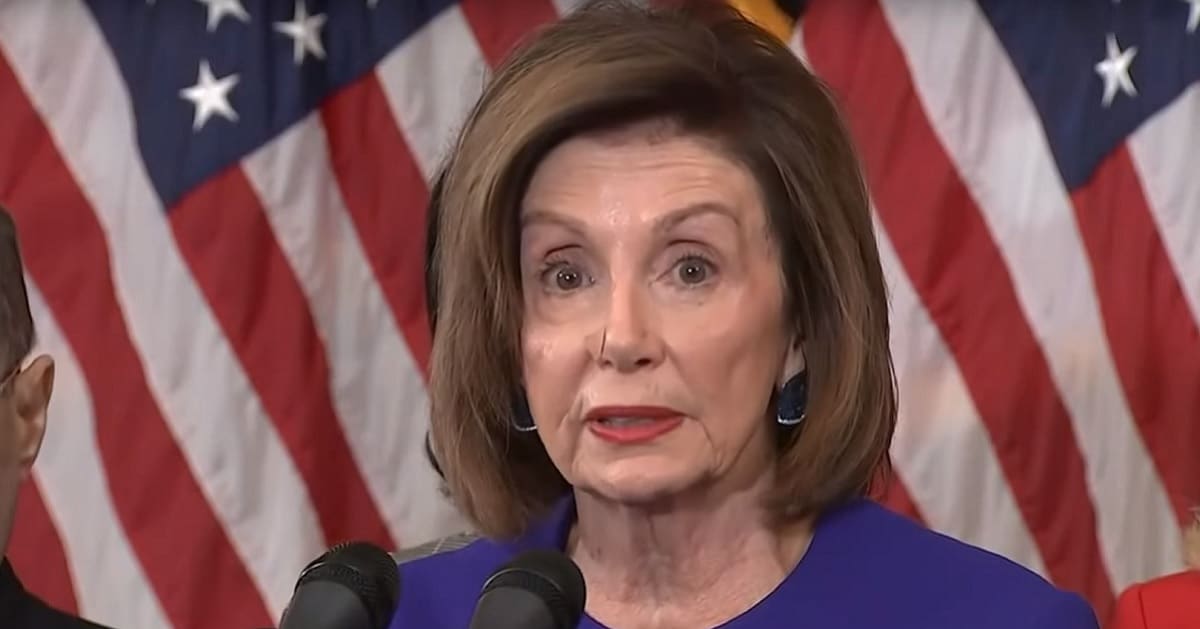




A bill focused on deporting undocumented immigrants convicted of sex crimes passed the U.S. House of Representatives on Wednesday, garnering bipartisan support despite opposition from a large number of Democrats.
Fox News reported that the "Violence Against Women by Illegal Aliens Act" passed with a vote of 266 to 158, with all present Republicans and 51 Democrats backing the measure. The bill's approval marks a significant divide among lawmakers regarding how the U.S. should handle immigration and crime at the border.
The act specifically targets migrants convicted of domestic violence and sex-related crimes, with provisions for deporting them and making them inadmissible to the United States.
House Republicans, who pushed the measure forward, argue that it is a critical step in addressing the ongoing border crisis. The bill is necessary for protecting women and children from violent offenders entering the country illegally.
Notable Democrats who voted in favor of the bill include Reps. Mary Peltola of Alaska, Marie Gluesenkamp-Perez of Washington, Jared Moskowitz of Florida, and Hillary Scholten of Michigan.
Additionally, Reps. Elissa Slotkin of Michigan and Abigail Spanberger of Virginia, both eyeing higher office, also cast their votes in favor of the legislation. Their support reflects growing concern about crime-related immigration issues, even among members of the Democratic Party.
The legislation is part of a broader Republican effort to address crimes committed by undocumented immigrants. A previous GOP proposal, which focused on detaining and deporting migrants convicted of assaulting law enforcement officers, gained support from 54 Democrats, though 148 lawmakers opposed it.
Another Republican initiative, the Laken Riley Act, garnered backing from 37 Democrats, showing that some members of the party are willing to cross the aisle on immigration enforcement issues.
Despite the bipartisan support, many Democrats stood in opposition to the bill, criticizing it as a partisan effort to exploit the immigration system for political gain.
Congressional Progressive Caucus Chair Pramila Jayapal of Washington voiced her concerns during the debate, arguing that the bill promotes fearmongering about immigrants rather than focusing on meaningful immigration reform.
"Here we are again, debating another partisan bill that fear mongers about immigrants, instead of working together to fix the immigration system," Jayapal said, expressing her frustration. She added that using domestic violence as a weapon to scapegoat immigrants has become a tactic for Republicans in the ongoing immigration debate.
Republican lawmakers, however, strongly defended the legislation as a necessary measure to safeguard American citizens.
Rep. Nancy Mace of South Carolina emphasized the importance of holding violent criminals accountable, particularly those who have entered the country illegally. In her remarks, Mace accused those opposing the bill of being indifferent to the safety of women and children.
"If you vote against it, you're sexist against women," Mace stated. "I mean, truly, because we're talking about illegals who are here who are committing domestic violence, rape, and murder on women and children — they’ve gotta go. They shouldn't be allowed into our country."
Mace's comments reflect the broader Republican stance that addressing crimes committed by undocumented immigrants is a vital aspect of border security.
The party has increasingly focused on these issues as part of its strategy to manage the perceived crisis at the U.S.-Mexico border.
The passage of the "Violence Against Women by Illegal Aliens Act" is just one part of the Republican agenda to address immigration-related crime and the border crisis.
As tensions rise over how to handle immigration enforcement, bills like this one have become central to the political debate in Washington.
For Republicans, the focus remains on ensuring that individuals who commit violent crimes are deported and prevented from re-entering the U.S.
Democrats, however, continue to push back, calling for comprehensive immigration reform rather than what they see as piecemeal approaches designed to generate fear and division.
While some Democrats have supported these bills, the majority remain concerned about the broader implications of focusing solely on criminal activity without addressing the systemic challenges within the immigration system.



